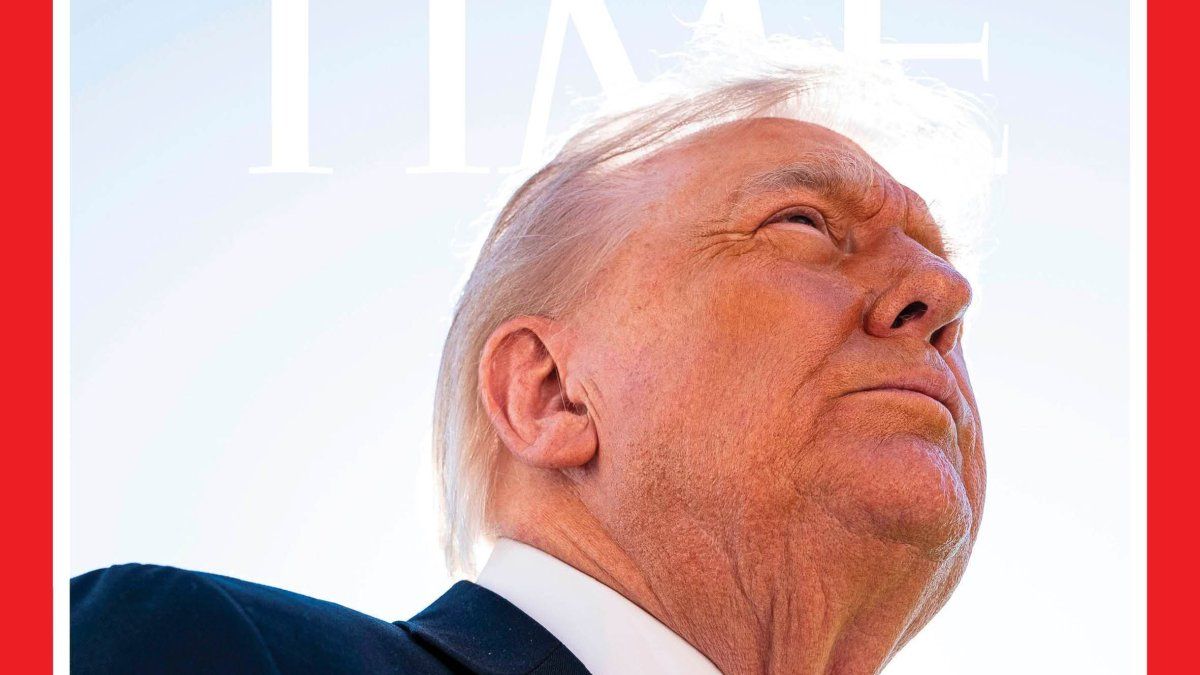The USA is facing fateful elections with an uncertain outcome. In addition to Congress, there are also 36 governorships up for vote, many of them heavily contested. The future of the nation is decided in the individual states – and by their sovereigns.
The world looks to the USA. The results of the midterms could give Joe Biden and the Democrats a chronic headache for the next two years should they lose one or even both houses of Congress to the Republicans. In the midterm elections, however, US citizens not only elect a completely new House of Representatives and vote for a third of the Senate. They also elect new governors in 36 of the 50 states. At first glance, the sovereigns have far less direct influence on what’s going on in Washington. But by choosing their electors, the Americans are also deciding how they want to deal with key issues such as abortion and climate change in the future.
Governors: Sovereigns with ambitions
“As managers of state, governors are responsible for enforcing state laws and overseeing the work of the state executive branch,” summarizes the National Governors Association. They also act “as an intergovernmental liaison office with the federal government” – as (albeit often very opinionated) representatives of Washington, so to speak. Although their core responsibilities are the same, the governors’ powers vary from state to state. How powerful a sovereign is depends, among other things, on their term of office, their legislative powers (including the right to veto), their ability to appoint judges, for example, and their right to pardon.
On paper, most governors fit more than a cliché. 41 of the 50 states are governed by men, 47 governors are “Non-Hispanic-White”, only two sovereigns do not belong to any Christian denomination (one Jew, one Buddhist). Summarized: .
Although they have far-reaching powers in their states and decisively shape their politics, the importance of the sovereigns is repeatedly underestimated. The governor’s office has often served as a launch pad on the way to the Oval Office in the past. “Governors are elected president more often than any other elected official,” the educational NGO summarizes. According to Constituting America, while representatives and senators in Washington are generally subject to their party line, governors can rule much more freely – which many of them use to make a name for themselves on the national stage.
When election deniers stand for election
The US magazine Politico analyzes that the assumption that incumbents can calculate better chances than their challengers could be put to the test this year. candidates face a neck-and-neck race in five states: Kansas, Nevada, Oregon, Wisconsin and Arizona. Four of them have so far been in democratic hands. In any case, gubernatorial elections are much more idiosyncratic than the races for Senate and MP posts. Oregon, for example, has been governed democratically for around four decades but could go to the Republicans this year. The situation is similar in the desert state of Nevada, where conservative sheriff Joe Lombardo could seize the reins.
But the Democrats are not only afraid of the “red wave”. Losing states to Republicans is one thing. Extremely painful in the short and medium term, for sure. Equally troubling, however, is the prospect of election-denial dominance looming in several states.
In the midterms, numerous candidates are running for the Republicans, who are still spreading the often refuted false claim by ex-President Donald Trump that he was deprived of a second term two years ago by massive election fraud. According to the think tank, more than 300 candidates at this year’s Midterms represent this crude thesis.

Some of these “election deniers” are also competing for governorships – such as Kari Lake in Arizona. The former TV news anchor and fervent Trumpist won’t even promise that she would accept defeat. In several embattled states, Republican voters don’t care whether the candidates belong to the ranks of the “election denier” – in some cases they even prefer the deniers. Even in the hugely important swing state of Pennsylvania, a denier could (at least in theory) be crowned prince. Doug Mastriano is considered not only an election denier, but also a right-wing extremist who, according to the New York Times, has vowed to transform the state’s electoral system if he wins. However, because Mastriano resists any appearance in “mainstream” media, his triumph is considered unlikely.
The Power of the Electors
From a distance, it is often forgotten how independent the governors actually are. In the US federal system, they are the heads of state of the United States. In case of doubt, California residents have never heard of what is law for the citizens of Utah. To put it bluntly: the federal states are more like EU members than German federal states. Once in office, Washington’s ability to keep governors in line is very limited. The states, because laws – from the minimum wage to health care – have been tried out here again and again and later found their way into the national level.
The race for the governorship is therefore important because many far-reaching decisions are not made in Washington but in local congresses. The most prominent example of this is abortion law. After the landmark judgment of Roe v. Wade was repealed, it is again up to the states to determine whether abortion is legal. In Wisconsin, Michigan, Arizona, Georgia and Pennsylvania, the Democrats have made abortion rights a core issue and have spent enormous sums on relevant TV commercials – the Blues spent $41 million on this, as the Washington Post reports. However, the Democrats may have miscalculated with this focus. Because abortion rights play only a subordinate role, especially for the decisive swing voters (e.g. religious-conservative Hispanics).
Previously, Democratic governors could veto Republican congresses trying to limit abortion rights. The Midterms are now challenging this for five states. But the governor elections are not only trend-setting when it comes to abortion. Whether gun laws, climate policy or corona measures – the future governors are sitting on a huge arsenal of political explosives. Or, in the words of comedian and TV presenter Bill Maher, “Democracy is on the vote and unfortunately it’s going to lose. And once it’s gone, it’s gone.”
Sources: “”; “”; “”; “”; “”; AFP
Source: Stern
David William is a talented author who has made a name for himself in the world of writing. He is a professional author who writes on a wide range of topics, from general interest to opinion news. David is currently working as a writer at 24 hours worlds where he brings his unique perspective and in-depth research to his articles, making them both informative and engaging.




